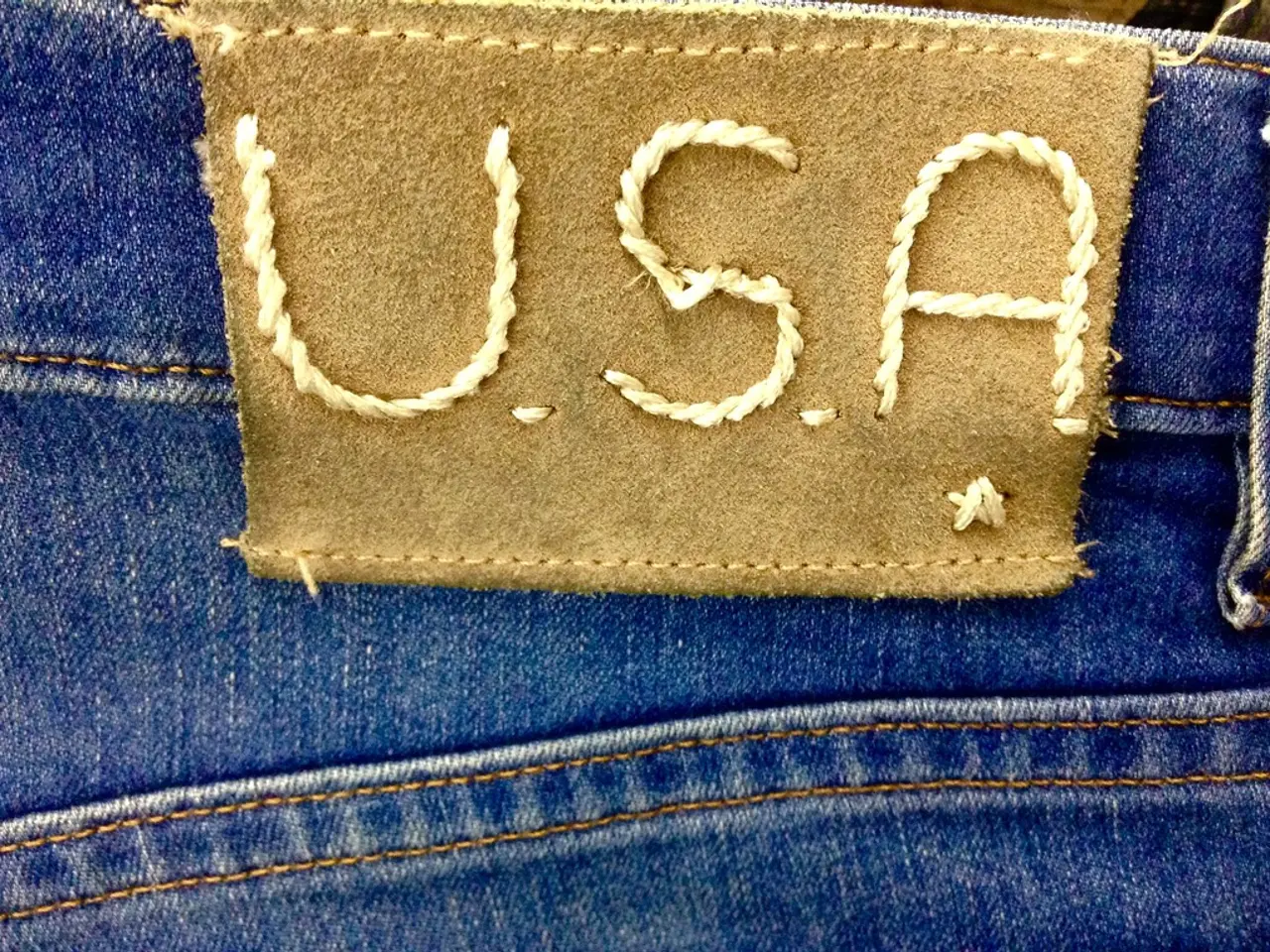SHEIN's London Stock Exchange Float Sparks Labour and Environmental Concerns
Global fast-fashion giant SHEIN is set to float on the London Stock Exchange, sparking concerns about its labour practices and environmental impact. The company, known for its ultra-low prices, has been accused of paying workers in its supply chain less than 4 US cents per garment.
Amnesty International has slammed SHEIN's potential listing, with Dominique Muller arguing it would be a 'badge of shame' for the LSE and investors. The organisation has urged stringent safeguards and accountability measures before the floatation.
SHEIN's business model involves subcontracting production to smaller producers in China, with little transparency or accountability. Its labour and human rights standards have been criticised by Amnesty International, which finds it 'deeply troubling' that SHEIN could reap hundreds of millions of pounds from its listing.
The garments, often made from synthetic fibres derived from fossil fuels, contribute to environmental degradation and landfill pollution. Moreover, SHEIN is accused of using cotton harvested by forced labour, although the specific allegations are not clear.
SHEIN's impending flotation on the LSE has raised serious concerns about its labour practices and environmental impact. Despite these issues, the company continues to prepare for its listing, which could potentially raise hundreds of millions of pounds. It remains to be seen what, if any, measures will be taken to address these concerns.
Read also:
- Emerging Investment Trends in China's Ethical Finance Sector for 2025
- Construction and renovation projects in Cham county granted €24.8 million focus on energy efficiency
- Colombia's Court Abolishes Local Referendums on Land Use, Sparking Mining Sector Concerns
- Trump challenged in court over halting billions in funding for electric vehicle charging infrastructure







